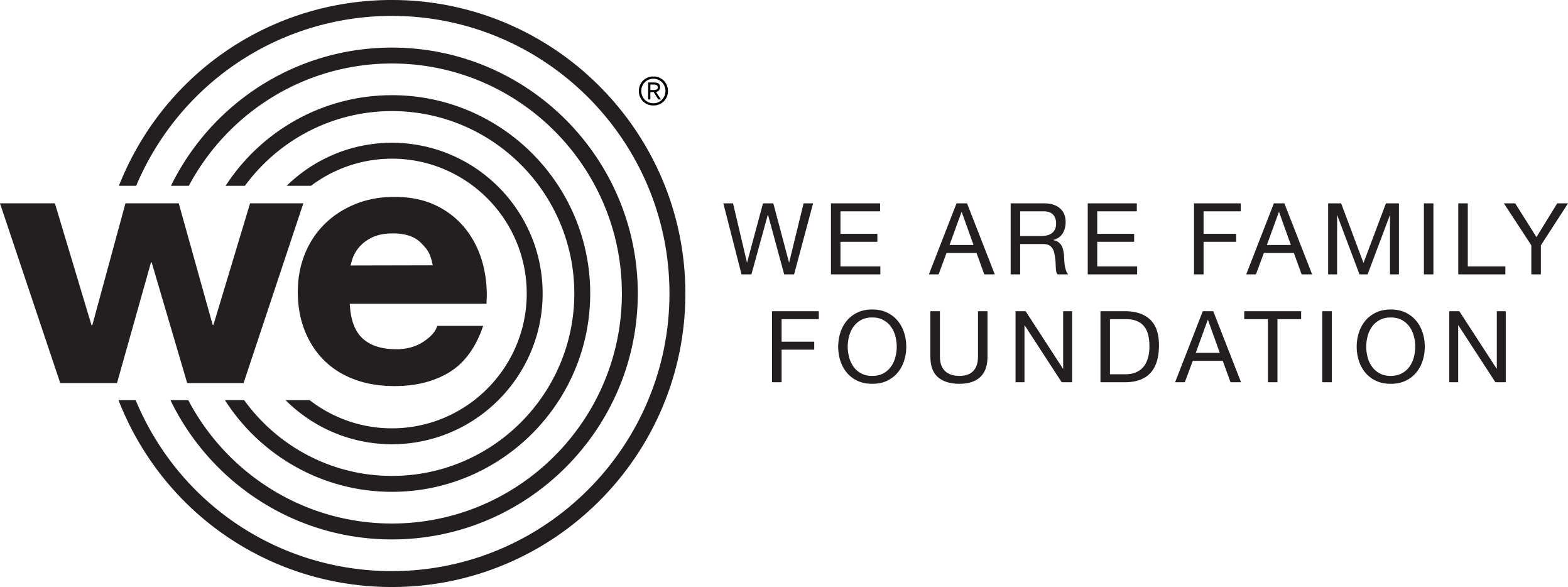CHARLIESE & CHASAH WEST
UNITED STATES, 28 (CEW) & 31 (CW)
Project: Representation of Louisiana Creoles: Advocacy Through Film
(This project is part of a larger collaboration with Autumn Palen)
Pronouns: Charliese Elisah West (She/Her)
Pronouns: Chasah West (She/Her)
—
How does your work offer a new perspective?
Our work in screenwriting and filmmaking shows that the minority experience is not monolithic. We write with the aim to see more Black female leads in magical realism, adventure, and action stories.
How does your work address injustice and inequity?
We address connecting to one’s heritage through language as well as breaking colorist stereotypes. Through working on this project we gained a passion to push for media representation of dark-skinned Creole speakers (like our family) to break colorist stereotypes that exist about Louisiana Creole culture.
“Language rights are human rights and we want to advocate for the language that our ancestors were restricted from speaking, Louisiana Creole, through film”
AUTUMN PALEN
UNITED STATES, 26
Project: Representation of Louisiana Creoles: Advocacy Through Film
(This project is part of a larger collaboration with Charliese Elisah West & Chasah West)
Pronouns: She/Her
Autumn is the Creative Director at the Nous Foundation, a nonprofit that advocates for minority linguistic rights, namely for French & Louisiana Creole. Through the Nous Foundation she directed Voices of Renewal, a documentary exploring the revitalization of the Louisiana Creole language. Her current project, done in collaboration with screenwriters Charliese & Chasah West, is a narrative fiction that explores the experience of a Black teenager of Louisiana Creole heritage in learning French and in turn learning more about her family’s past in the process.
—
How does your work offer a new perspective?
Language rights are often overlooked in the United States because of the perception that the country is monolingual. Language rights intersect strongly with racism. Working on documentaries and films that include Louisiana Creole representation present two main opportunities: One, it shows how BIPOC communities in a part of the United States that is woefully overlooked – the Gulf South – are advocating for their heritage and challenging structural racism today. Two, it changes prevailing narratives that Louisiana Creole culture is somehow “dead” and should be overlooked when in reality hundreds of thousands of people still claim the heritage.


